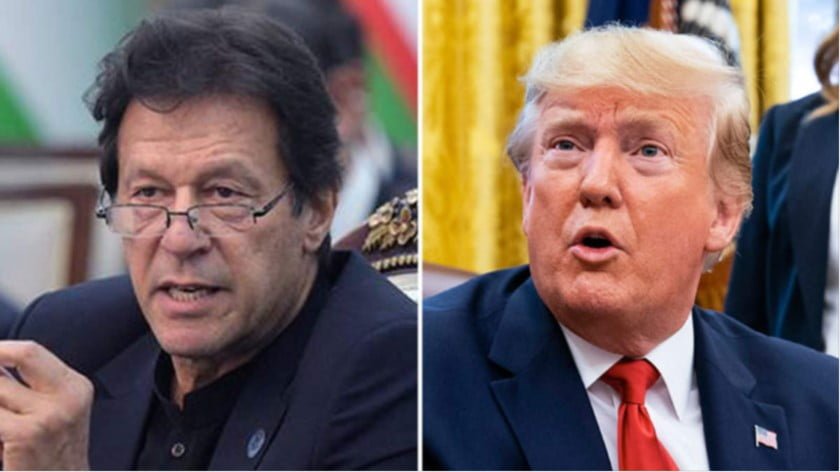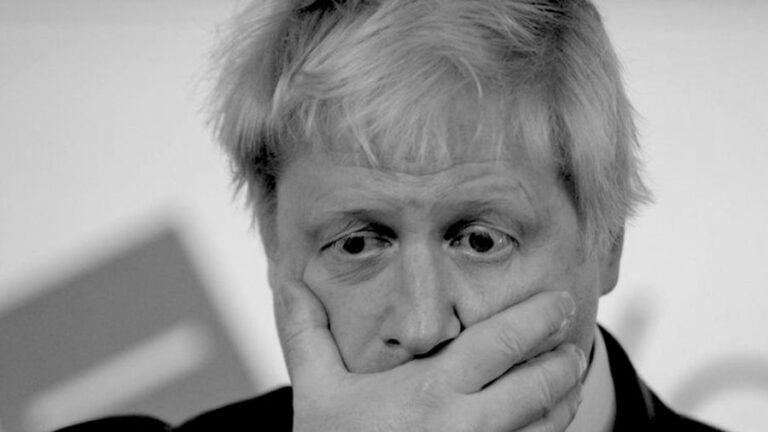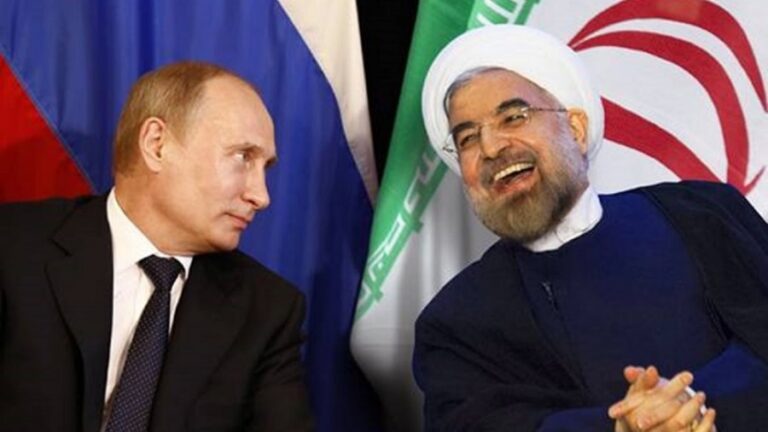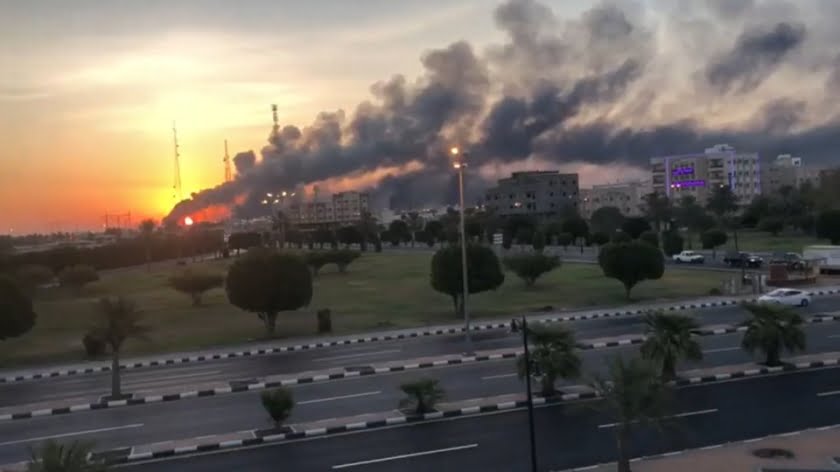AFRICOM Complicity in Gabon Coup Attempt?
Trump’s deployment of 80 military personnel to Gabon last week on the basis of preparing for a response to “violent protests” in the nearby Democratic Republic of the Congo might have been a ruse designed to cover up America’s complicity in the Gabonese coup attempt that just took place at the beginning of this week, which was actually an ingenious AFRICOM power grab in the strategic Gulf of Guinea that aims to give the US a base of operations from which to carve out an expanded “sphere of influence” for itself in the region irrespective if this regime change ploy succeeds or not.
Just a day after confirming the assassination of the USS Cole bomber in Yemen, Trump tried to score a second foreign policy success in yet another “Global South” nation, this time the Central African state of Gabon. The news just broke that some members of the country’s armed forces attempted to stage a coup against President Ali Bongo, who’s been recovering in Morocco over the last few months after suffering a stroke back in October, though the government claims that most of the conspirators have been arrested and that the “situation is under control”. Even though it appears as though the state succeeded in thwarting this plot, the US is still poised to geopolitical profit from it by manipulating the outcome to its AFRICOM favor.
Background Basics About Gabon
Bongo narrowly won reelection by less than 6,000 votes, which was used by the opposition as their excuse to torch their parliament in the historically peaceful country and bring it to the brink of Hybrid War chaos. The author wrote about the developing crisis at the time in his piece about “What’s Going On With The Hybrid War On Gabon”, in which some important domestic and foreign policy basics about the country were also described. Gabon had been ruled by the Bongo family since the President’s father took power in 1967, or in other words, 7 years after its independence. It had previously been regarded as one of France’s most prized neo-colonial “possessions” in the continent and was known to be very rich in natural resources, which is why it was an OPEC member from 1975-1995 before returning again in 2016, one year after it interestingly joined the Saudis’ “anti-terrorist coalition”.
It might sound strange to many that a majority-Christian nation on the Atlantic Coast of sub-Saharan Central Africa would join this Mideast-based military organization, but one of the reasons might be because Bongo is a member of Gabon’s Muslim minority and that he might have fallen sway to the Saudis’ “personal diplomacy” in wooing his country over to their side. Another complementary explanation could also simply be that Gabon had begun “rebalancing” its foreign policy during that time too, having transitioned from being a French neo-colonial “possession” to a more sovereignty-minded state following its post-Old Cold War partnership with China, though prudently understanding the need for a third strategic partner in order to maintain the best possible “balance” between Africa’s two most important non-regional countries during the opening stages of the New Cold War.
Apart from its energy, fishery, and forestry resources, Gabon is also very important for geostrategic reasons, too. As the author wrote in his previously mentioned piece when describing why France retains nearly 1,000 troops in this tiny country, “Paris is able to keep troops on standby for snap-response deployment to Central African hotspots such as the Central African Republic and the Democratic Republic of the Congo. Additionally, because of its location, Gabon provides France with a midway location between the two rising African powers of Nigeria and Angola, a position which Paris could leverage to maximum effect if need be.” Presciently, it was for the “official” purpose of responding to “violent demonstrations” that might break out in the nearby Democratic Republic of the Congo (DRC) (which is the world’s largest producer of cobalt) after its latest elections that Trump deployed 80 US troops there last week.
The Purpose Of The American Deployment
In hindsight, his signaling about these soldiers being in the Central African nation to supposedly respond to “violent demonstrations” in the DRC might have been nothing more than a ruse to cover up their role in trying to deter the same in Gabon following what is more than likely the AFRICOM-assisted coup attempt that just took place in the country. The true state of the situation still remains unclear, though it’s beginning to look like the government did indeed arrest most of the conspirators and that everything is now under control. Nevertheless, the domestic strife that Gabon experienced two and a half years ago during its last elections could have also been in the process of simmering over once more following rumors about Bongo’s health, which might have prompted the armed forces to preemptively act in the first place seeing as how the organizers declared their sympathy with the opposition supporters who were killed during those riots.
The presence of US soldiers on the superficially plausible pretense of preparing to evacuate Americans from the DRC in the event that the nearby conflict-prone country re-erupts into violence following the impending announcement of its election results might just have been to signal the US’ tacit support to the plotters and deter Bongo loyalists from reacting, the latter purpose of which seems to have failed. The US didn’t want to get too directly involved because it wagered that it could leverage its position in the country irrespective of the coup’s outcome. As such, this event is of supreme significance for AFRICOM because the US now has a reason to further embed itself in this strategically positioned country along the energy-rich Gulf of Guinea, which is also surrounded by several weak but similarly strategic states presided over by long-serving elderly leaders and each of which have recently experienced different degrees of domestic unrest.
To put it another way, the US deployment might have been ‘bait’ to encourage the coup plotters to go ahead with their attempt, after which the US could take advantage of its outcome one way or another in order to get Gabon to function as AFRICOM’s long-desired base in the continent. On the one hand, had the coup succeeded, then the US could have partnered with the “pariah” government that would have naturally been shunned by the African Union and most other international actors, helping it stabilize the domestic situation and resume a sense of “normality” as soon as possible. On the other, despite the apparent success of the government forces in quelling this coup, this dramatic incident might have shown the state that its domestic political tensions are still simmering and now affecting part of its “deep state” apparatus, thus necessitating the need for another security partner such as the US to maintain stability in case something like this happens again.
Either way, the US is poised to profit from what happened in order to pursue its regional agenda.
Here’s What Gabon Has Going For It
In The Middle Of All The Action:
Like it was mentioned earlier in pertinence to the author’s previously cited piece on Gabon, the country is in very close proximity to rising African Great Powers Nigeria and Angola, as well as the mineral-rich DRC. Furthermore, it’s also just a short distance away from the Central African Republic (CAR), which has taken on more importance over the past 12 months since Russia’s UNSC-approved “mercenary” intervention there, which forms the core component of Moscow’s “balancing” strategy in Africa. Given that France has all but lost CAR as a neo-imperial colony and could very well be in the process of losing Gabon too following the coup, it can be said that the “Scramble for Africa” that the author predicted would intensify this year is leading to profound geopolitical changes in the Central African region whereby the former extra-regional hegemon of France is being squeezed out by Russia, the US, and China.
Surrounded By Aging Leaders:
Another crucial point to keep in mind is that the surrounding countries of Cameroon, the Republic of the Congo (ROC), and Equatorial Guinea are led by aging leaders who have recently come under different forms of regime change pressure. The first-mentioned is led by Paul Biya (who has been in office for 36 consecutive years) and is unofficially in a state of civil war between the central government and the Anglophone region astride part of the Nigerian border, the second is led by Denis Nguesso (who has been in office for 34 non-consecutive years – 13 years and 21 years, with a 5-year interim break) and only recently reconsolidated peace in the restive southern Pool region outside the capital, while the last-mentioned is led by Teodoro Obiang Nguema Mbasogo (who has been in office for 39 years) and recently thwarted a mercenary-led coup attempt last year.
Hybrid War Staging Ground:
In terms of regional HybridWardynamics, Gabon is therefore the perfect place for the US to encourage and guide regime change movements all throughout Central Africa, ultimately carving out an exclusive “sphere of influence” for itself in the eastern Gulf of Guinea from which to exert further influence into the West, Central, and Southern African countries of Nigeria, DRC, and Angola if it’s successful in turning the country into AFRICOM’s base of operations on the continent. Should that happen, then the newly imposed authorities will probably justify this move on the basis of “balancing” even though it’ll obviously be pivoting towards the US and away from France, China, and Saudi Arabia. AFRICOM doesn’t even have to be formally invited into the country either for this to happen, the US just needs to keep its proverbial ‘foot in the door’ and the rest might ‘naturally’ follow.
Concluding Thoughts
The Gabonese coup attempt caught a lot of observers off guard, but in hindsight, the “writing was on the wall” the whole time and two important signals were sent beforehand that could have tipped people off about it. Bongo’s New Year’s address to the people, recorded from Morocco where he’s currently recovering from his October stroke, showed that he’s still somewhat physically incapacitated and unable to rule the country following his controversial razor-thin reelection in 2016 that represented almost a full half-century of dynastic rule by his family. The dispatch of 80 US troops there late last week on the pretense of preparing to respond to post-election violence in the nearby DRC was clearly a ruse because Gabon doesn’t even border the country in question, with it now looking that those soldiers’ very presence was designed to encourage the plotters and deter the state from reacting.
Although the latest reports suggest that the government has reestablished full control over the situation, the coup attempt in and of itself is still a success for American foreign policy irrespective of its outcome because the US is now poised to manipulate its result in order to advance its own interests. A “revolutionary government” would have been internationally shunned and fully dependent on the US, while the recovering state might see the US as an important security partner that plays a crucial role in its “balancing” strategy. In both cases, the deepening US-Gabonese relationship would amount more to a pivot than an evolution of the Central African state’s “balancing” act, as an embedding of the US’ military forces in the country will inevitably have regional repercussions.
While a comparatively prosperous and resource-rich country of approximately two million people is a strategic prize in and of itself for any Great Power to “capture” in the New Cold War’s “Scramble for Africa”, Gabon’s deeper significance lays in its geopolitical position in between the rising African Great Powers of Nigeria and Angola, its proximity to the conflict-prone DRC and CAR (where the US’ Chinese and Russian rivals are the predominant patrons of those states, respectively), and its location in the middle of three weaker countries under the leadership of aging presidents who have experienced varying degrees of domestic unrest lately. It’s too early to say whether the Gabonese coup attempt will be a game-changer or not, but it’s obvious that American strategists intend for it to be for the aforementioned reasons, which if successful in full or even part would signify the return of Africa to the US’ international focus.
By Andrew Korybko
Source: Eurasia Future







